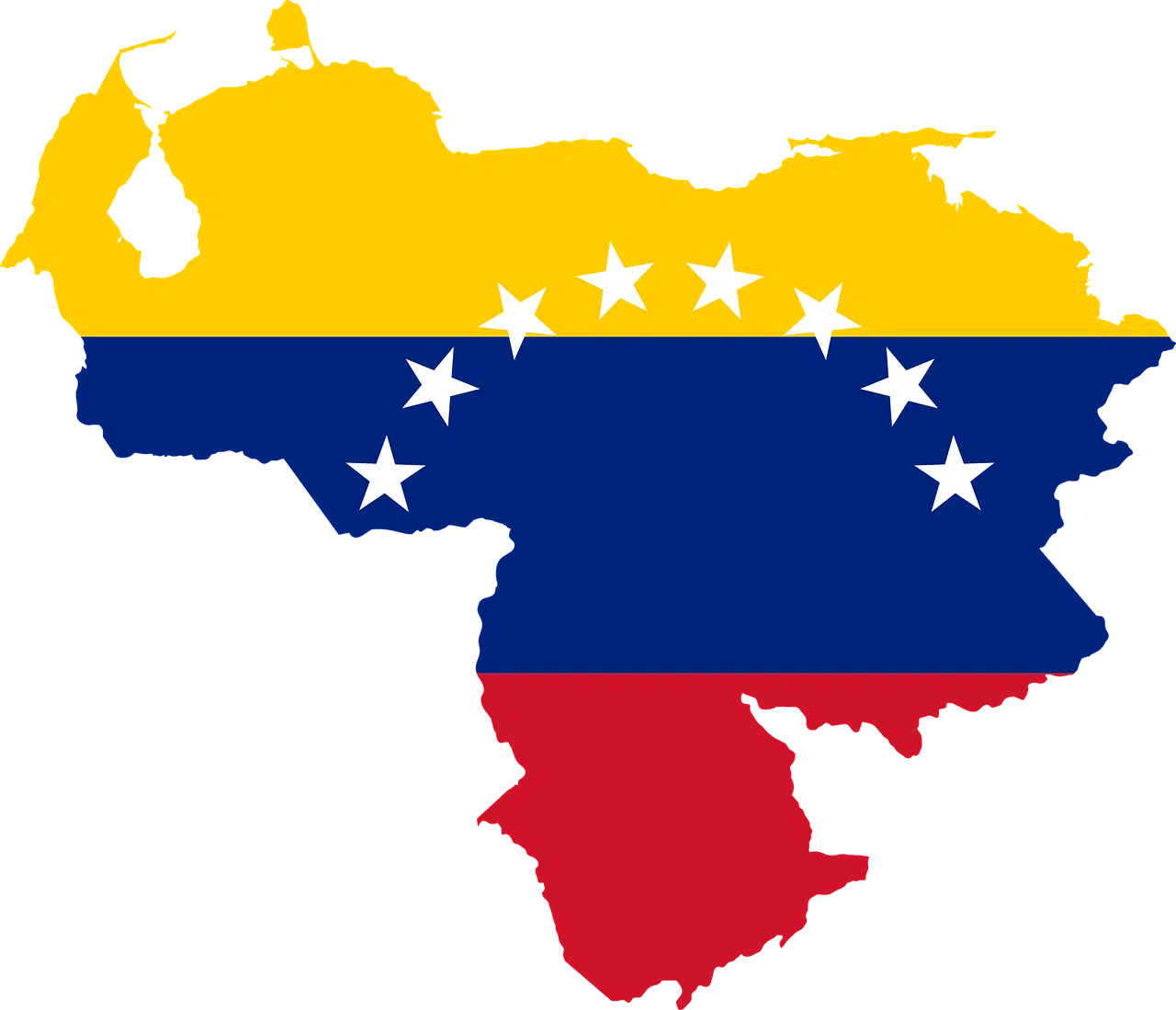
The national territory is the portion of surface that belongs to a specific country.
The national territory is the portion of surface that belongs to a certain country and over which a State exercises sovereignty . It is not only a land space , but also an air space and a maritime space, if the country has coasts.
It should be noted that a territory is the area of a land surface that belongs to a city, a province, a region, a country, etc. The concept, coming from the Latin territorĭum , is also used to name the land that an organization or person controls or owns.
National , on the other hand, is that which belongs to or relates to a nation (the constituent sovereignty of a State or the human community whose members share common cultural characteristics). From this term, we can also establish that it has its etymological origin in Latin. More accurately, it can be stated that it emanates from the word nasci , which can be translated as "to be born."
Characteristics of a national territory
The national territory is divided into various subnational entities . These political-administrative divisions usually have a local administration that, in one way or another, responds to the national administration.
A town, a city, a province and a region are examples of subnational entities within a national territory. The degree of autonomy of these divisions depends on the legislation of each country.

The national territory of a country can change due to various factors.
Examples depending on the country
In the case of Mexico , for example, it must be made clear that its national territory is made up of the waters of the seas that have been granted to it, of the parts of its federation, the islands of Guadalupe and Revillagigedo , the reefs and keys of the seas that are adjacent, the space located within its national territory and the continental shelf of its islands and keys.
In Spain , the national territory is divided into autonomous communities. These communities are nations (such as Catalonia or the Basque Country ) that are part of a unit ( Spain ), but have their own culture and language . It is common for autonomous communities or other subnational entities to seek to become independent from the national State and, in this way, cease to be part of the country's national territory and become a free State.
The Constitution of 1978 was what determined that an autonomous state existed in Spain , specifically currently we can say that it has a total of seventeen autonomous communities: Galicia, Principality of Asturias, Cantabria, Basque Country, La Rioja, Navarra, Aragon, Catalonia, Castilla y León, Community of Madrid, Extremadura, Castilla la Mancha, Andalusia, Region of Murcia, Valencian Community, Canary Islands and Islands Balearic Islands .
However, within the national territory of this country there are also two autonomous cities, Ceuta and Melilla , as well as other areas that would be minor enclaves of sovereignty found in the northern part of Africa . Specifically, among the latter are the Chafarinas Islands , the Alborán Islands and the Alhucemas Islands .
All of these spaces are what shape the national territory of Spain, which is governed by various principles such as autonomy, democratic participation and economic unity.
